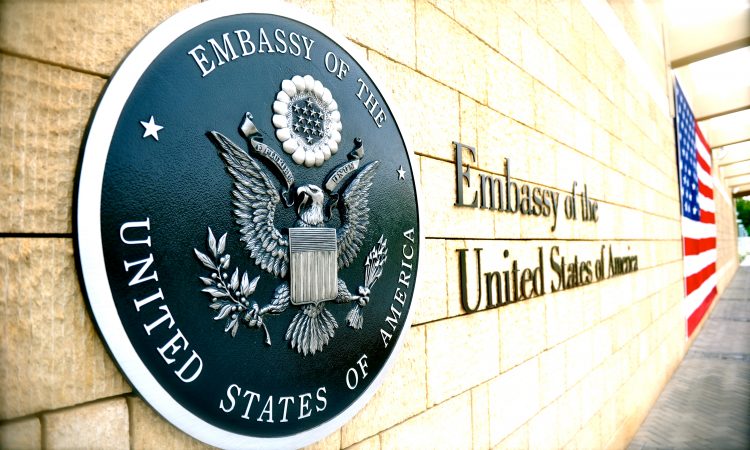It is important to have respect for the government, but it is also important not to have too much respect for the government or to treat their immigration findings or rulings like gospel. Moderation is what is called for. This moderation is important whether you standing in front of a consular officer’s window at an embassy or you are sitting at your desk reading an adverse letter from the government regarding an application or petition you filed.
The specific focus of this blog post will be the consular officers, because (as a whole) their ability to understand what the law states or what “administrative guidance” states is very often overestimated by intending immigrants and by others.
One might expect that a consular officer who reviews visa applications every day would have the basic visa-application-related rules down, especially if they work at one of the very busy embassies or consulates. However, if one has this expectation about consular officers, one would be wrong in many instances. The foregoing is not meant impugn the character of all consulates or embassies or the character of each consular officer: even good consulates sometimes have some bad officers, and even good officers sometimes make bad errors.
A former consular officer wrote an article, in 2011, in which he explained the limitations of consular officers. He explained that many consular officers struggle with many types of cases including those involving non-immigrant visa waivers, unlawful presence, E visas applications, advance parole, and asylum. Our experience at Fintus Immigration Law Group suggests that this is largely true.
The writer went on to note some reasons consular officers struggle with certain areas: the officers are not attorneys and are not trained to do legal research. It should not come as a big surprise that often consular officers make bad decisions. Sadly, too many of these bad decisions go unchallenged and never see the critical light of day.
The takeaway from the preceding paragraphs should be this: in some cases, a turned-down visa applicant will do great harm to herself by swallowing whole whatever a consular officer tries to feed. (It also worth noting that sometimes it is not the consular officer’s act of commission that is in error, but the officer’s act of omission—what she fails to do or fails to say—which is the error.)
